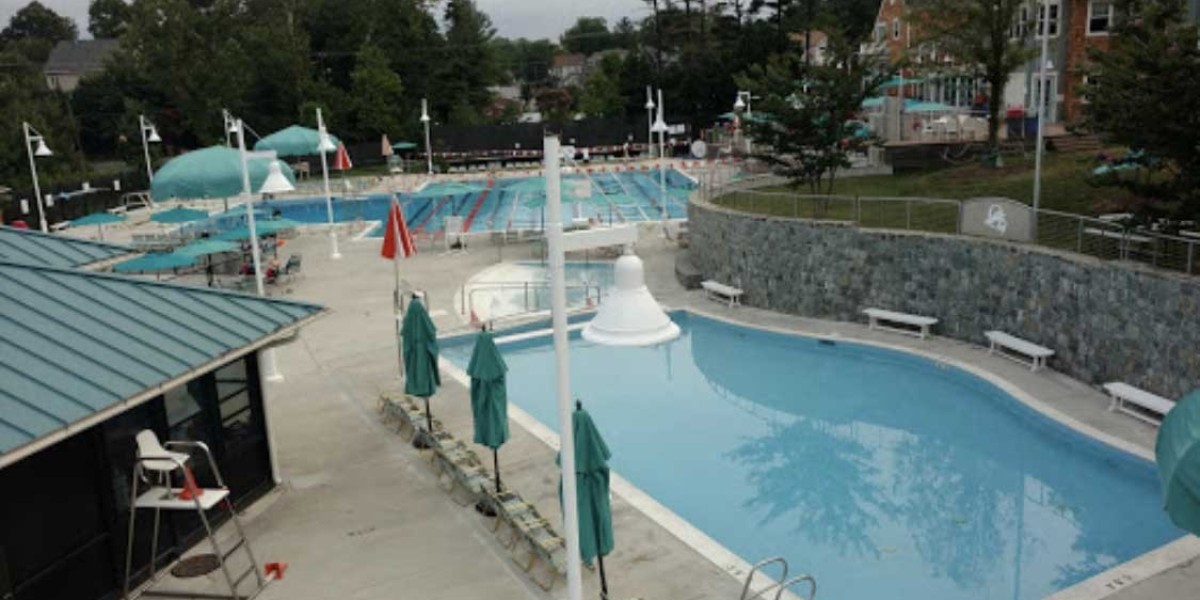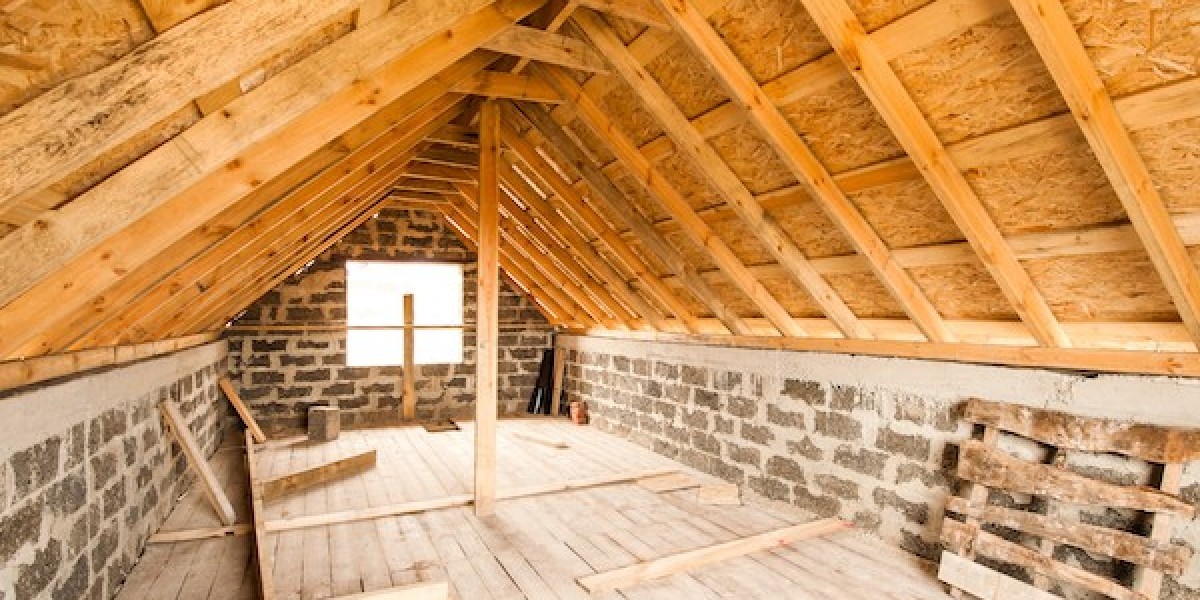In the hospitality and recreation industries, pools play a pivotal role in attracting and retaining customers. From luxury hotels to fitness centers, commercial pools provide guests and patrons with relaxation, recreation, and an overall memorable experience. However, over time, pools can begin to show signs of wear and tear, prompting the need for renovation. Commercial pool renovations are essential not only to maintain aesthetic appeal but also to ensure safety, comply with regulations, and boost energy efficiency. This article explores the importance of commercial pool renovations, the benefits they provide, and the key aspects to consider when planning a renovation project.
Why Renovate a Commercial Pool?
1. Enhancing Guest Satisfaction
A beautifully designed, well-maintained pool is often a key amenity that can draw customers to your establishment. Over time, pools may become outdated or exhibit signs of deterioration, such as cracked plaster, chipped tiles, or malfunctioning features. Renovating the pool can revitalize its appearance, incorporate modern amenities, and improve the overall guest experience, which can lead to better reviews and increased customer loyalty.
2. Improving Safety and Compliance
Safety is of paramount importance for any commercial pool. Older pools may no longer meet updated safety regulations and health codes, making renovations necessary to ensure compliance. Renovation projects offer the opportunity to upgrade safety features, such as non-slip surfaces, handrails, fencing, and improved pool circulation systems. These upgrades not only provide peace of mind for operators but also help to protect patrons from accidents, reducing the risk of liability.
3. Increasing Energy Efficiency
In recent years, advancements in pool equipment and technology have greatly improved energy efficiency. Renovating a commercial pool allows operators to replace outdated pumps, heaters, and lighting with more efficient options, such as variable-speed pumps, LED lighting, and solar heating systems. By investing in energy-efficient upgrades, businesses can reduce operational costs while minimizing their environmental footprint, which can also serve as a marketing point for eco-conscious guests.
4. Extending Pool Longevity
Pools that are not regularly updated will eventually face more serious structural and functional problems, which can lead to costly repairs or even the need for complete replacement. Regular renovations, such as replastering the surface or upgrading the pool deck, help extend the life of the pool and prevent the need for more extensive, expensive repairs in the future. Proactive renovation and maintenance efforts ensure that the pool remains in optimal condition for years to come.
Key Considerations for Commercial Pool Renovations
1. Assessing the Pool's Current Condition
Before beginning any renovation, it is important to thoroughly assess the current condition of the pool. Identify areas that require attention, such as cracks in the pool shell, worn-out finishes, outdated equipment, or poor water circulation. A comprehensive assessment will help determine the scope of the renovation and guide decisions regarding necessary updates and repairs.
2. Establishing a Budget and Timeline
Once the condition of the pool has been evaluated, the next step is to establish a realistic budget and timeline for the project. Be sure to account for all aspects of the renovation, including design, materials, labor, and unexpected costs that may arise during construction. Additionally, consider the impact of the renovation on business operations, particularly if the pool is a primary amenity. Scheduling the renovation during off-peak seasons can help minimize disruptions and downtime.
3. Selecting Modern Design Features
Renovating a commercial pool offers the opportunity to enhance the pool's aesthetics and functionality. Consider incorporating modern design features that align with the needs and preferences of your target audience. This might include adding waterfalls, swim-up bars, or interactive water features for family-friendly environments, or creating an elegant, spa-like atmosphere for luxury resorts. The surrounding pool deck can also be upgraded with stylish materials, comfortable seating, and shaded areas to enhance the overall guest experience.
4. Upgrading Pool Equipment
An essential part of any renovation is updating outdated pool equipment to ensure optimal performance and efficiency. Consider replacing old pumps, filtration systems, and heaters with more energy-efficient models. Additionally, incorporating automated systems for water quality monitoring and chemical dosing can help streamline maintenance and ensure that the pool remains safe and clean for guests.
5. Incorporating Technology
Technology can greatly enhance the functionality and guest experience of a commercial pool. Consider adding smart pool technology, such as remote monitoring systems, automated chemical controllers, and energy-efficient LED lighting systems. These technologies allow for better control over pool maintenance, improving efficiency and safety while reducing operational costs.
Popular Renovation Upgrades for Commercial Pools
1. Replastering and Resurfacing
One of the most common commercial pool renovations is replastering the pool surface. Over time, the plaster can crack, fade, or become rough, making the pool uncomfortable and unattractive. Replastering the pool not only improves its appearance but also helps to prevent leaks and extend the pool's lifespan. Other resurfacing options, such as tile or aggregate finishes, can provide a more durable and visually appealing alternative.
2. Tile and Coping Replacement
Replacing cracked or damaged tiles around the pool not only enhances the pool's appearance but also prevents potential injuries. Additionally, updating the pool coping—the edge that surrounds the pool—can modernize the look of the entire pool area. Popular options include stone, concrete, and natural materials, which can provide a sleek, contemporary look while ensuring durability.
3. Decking Upgrades
The pool deck is just as important as the pool itself in creating a relaxing, inviting atmosphere. Renovating the pool deck with new materials, such as stamped concrete, pavers, or natural stone, can transform the area into a stylish retreat. Additionally, incorporating shade structures, comfortable lounge furniture, and outdoor lighting can enhance the overall guest experience.
4. ADA Compliance and Accessibility Improvements
Ensuring that the pool is accessible to all guests, including those with disabilities, is an important consideration for any renovation project. Adding ADA-compliant pool lifts, ramps, and handrails can improve accessibility and demonstrate a commitment to inclusivity, making your commercial pool more appealing to a wider range of guests.
Conclusion
Commercial pool renovations are an essential investment for maintaining the safety, aesthetics, and functionality of a pool. From enhancing guest satisfaction to improving energy efficiency and extending the life of the pool, these renovations offer a wide range of benefits. By carefully planning the renovation process, assessing needs, and incorporating modern design features and technology, businesses can create an inviting and enjoyable pool experience for guests while maximizing their return on investment. Whether it's a complete overhaul or targeted upgrades, a well-executed pool renovation can transform a tired facility into a vibrant centerpiece that adds value to the property and delights guests for years to come.










